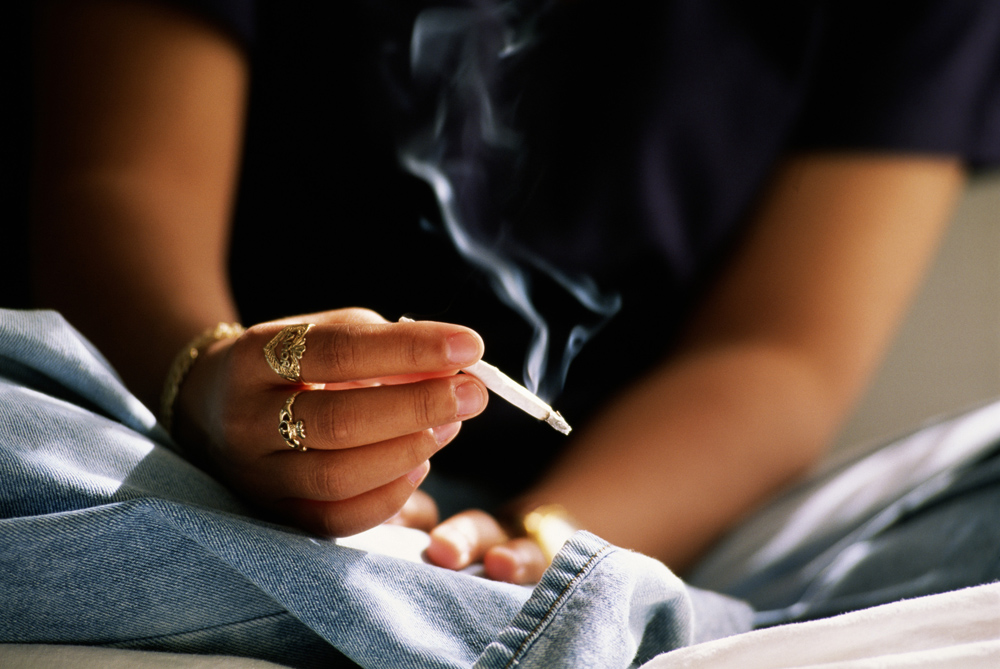For many years, depending on the province, parents have been able to legally share a modest amount of alcohol with their teens. If all goes well, it teaches a useful lesson about moderation.

Under a “social sharing” amendment added to the federal marijuana law being debated by the Senate this week, there would be similar rules for legal marijuana. If the amendment passes, teens close in age to someone 16 or older, or their parents, can share marijuana with them without breaking the law.
“Parents have a responsibility to parent their children, and they should be able to teach their teens appropriate use of cannabis without fear of criminal penalty,” independent senator Wanda Bernard told a Senate committee last week. “It would be sharing of a legal substance, not an illicit substance. I would see it as being similar to sharing a glass of wine in one’s home.”
“I understand where it’s coming from, in an attempt to decrease unnecessary criminalization,” says Ottawa lawyer Trina Fraser.
“The role of the parent or guardian is more consistent with what the rules are for alcohol. Why should they be different? We’re often complaining about a divergence between how alcohol and cannabis are treated. If anything, alcohol should be treated more restrictively than cannabis.”

Get weekly health news
The problem: brand-new laws in every single province forbidding people under the legal age — 18 or 19, depending — from possessing marijuana, and forbidding anyone else to give it to them. (The penalties vary in fierceness.)
So don’t try it in B.C., where sharing marijuana with someone who’s underage could net you six months in jail after legalization. Same problem in Newfoundland and Labrador.
And definitely don’t do it in Ontario, where the provincial Cannabis Act provides for up to a year in jail for providing marijuana for anyone a day under 19.

“They’re not in a safe position legally, and it’s not just because of the provincial offence statutes,” says Victoria lawyer Kirk Tousaw. “There’s a history, in this country and elsewhere, of using drug laws to impugn parenting skills to the point of separating children from parents.”
The provincial penalties, though unpleasant, are far milder than the federal Cannabis Act would otherwise provide for: up to 14 years in prison.
Fraser thinks a social sharing amendment won’t be part of the final law.
“If I think there’s an amendment that’s not going to follow all the way through to the final version of the bill that receives royal assent, I think this is one of them.”
“It does have the potential either to be completely meaningless or create massive confusion across the country about what the rules are.”
Bernard did not respond to repeated requests for comment.


Comments
Want to discuss? Please read our Commenting Policy first.